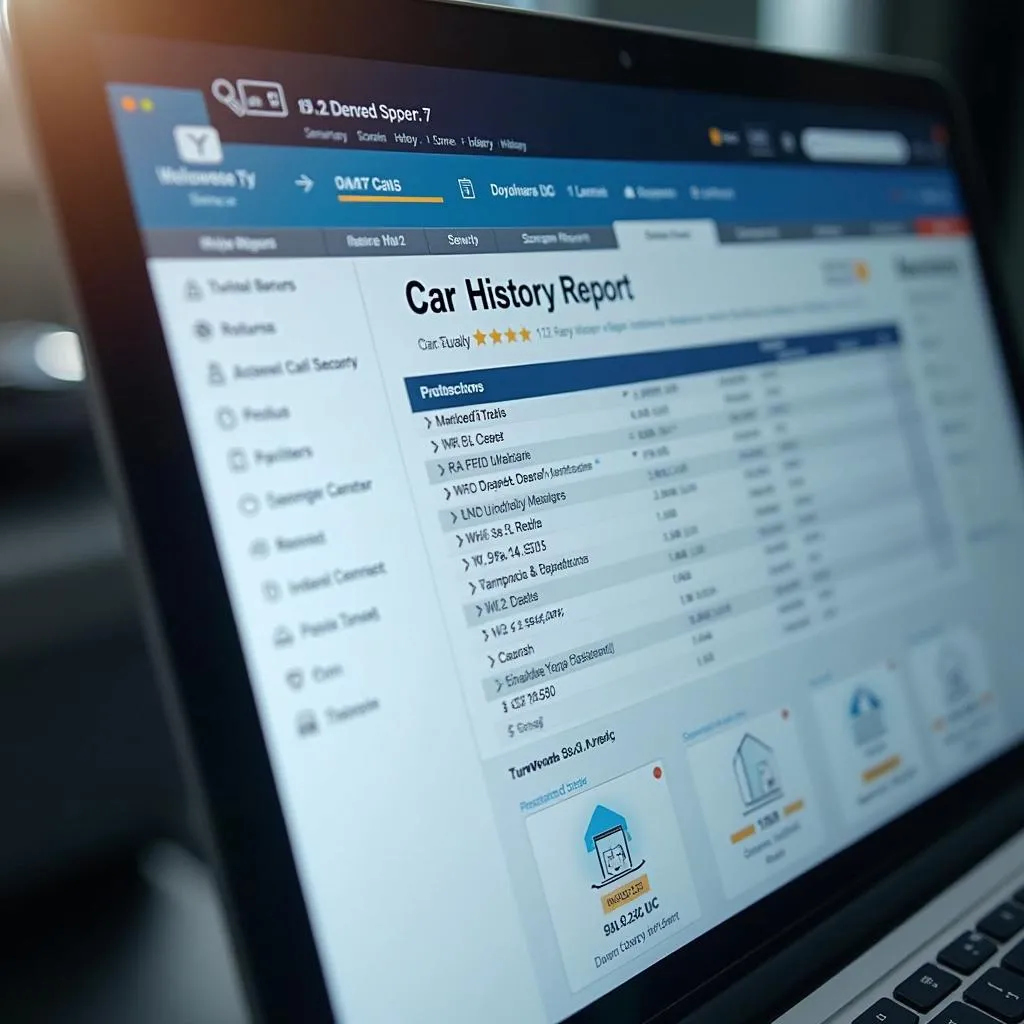Have you ever found yourself daydreaming about a brand new car, the latest model with all the bells and whistles? And then, reality sets in – the ever-present question of “What’s my current car actually worth?” pops into your head. It’s a question that plagues almost every car owner at some point, whether you’re a seasoned gearhead or a casual driver.
Decoding the Meaning of “My Car’s Value”
Before we dive into the nitty-gritty, let’s break down what “my car’s value” actually means. It’s not as simple as glancing at the original sticker price, especially as time, miles, and adventures take their toll.
From a Mechanic’s Perspective
As someone who spends their days under the hood, I see car value intertwined with mechanical soundness. A well-maintained engine, a healthy transmission, and a rust-free undercarriage all significantly contribute to a car’s worth. Just like a doctor values a healthy patient, we mechanics appreciate a car that’s been cared for.
The Engineer’s Lens
Engineers view value through the prism of innovation and depreciation. A car packed with cutting-edge technology might hold a higher value initially, but as newer models with even more advanced features hit the market, its value inevitably depreciates.
The Economist’s Take
Economists, on the other hand, factor in supply and demand, market trends, and overall economic conditions. A rare classic car, for example, might fetch a hefty sum due to its limited availability and historical significance.
Unraveling the Mystery: How is My Car’s Value Determined?
There are several factors at play when determining your car’s worth.
1. Make, Model, and Year
Just like a designer handbag, certain car brands and models hold their value better than others. A Toyota Camry, known for its reliability, will likely have a different market value than a sporty Mazda Miata. Similarly, a car’s age plays a crucial role – generally, the older the car, the lower its value.
2. Mileage
Think of mileage as a measure of a car’s life experiences. Lower mileage usually translates to less wear and tear, making the vehicle more desirable and potentially increasing its value.
3. Condition
A scratch here, a dent there – these imperfections can impact your car’s value. The overall condition, both inside and out, significantly influences its worth. A well-maintained car with a spotless interior will likely command a higher price than a car with visible wear and tear.
4. History
A car’s history is like its resume. A clean history report, free of accidents or major repairs, can boost its value.
 Car history report on a computer screen
Car history report on a computer screen
Navigating the Maze: Finding Your Car’s Value
Several online tools and resources can provide you with an estimated car value. Websites like Kelley Blue Book (KBB) and Edmunds utilize vast databases and algorithms to calculate estimated values based on the factors mentioned earlier.
The Dealer Route
Visiting local dealerships can also provide insights into your car’s worth. Keep in mind that dealer appraisals might be influenced by their inventory needs and the potential for a trade-in.
Similar Questions on Your Mind?
You might be wondering:
-
What’s the difference between trade-in value and private sale value?
-
How can I increase my car’s value before selling it?
-
What documents do I need to sell my car?
For answers to these questions and more, explore our other insightful articles on Diag XCar.
Need Help with Your Car’s Electrical System?
At Diag XCar, we’re not just car enthusiasts; we’re also experts in automotive electrical systems, particularly Dealer Scanner For European Cars. If you need assistance with diagnostics or repairs, don’t hesitate to contact us via WhatsApp at +84767531508. Our team of skilled technicians is available 24/7 to help you get back on the road with confidence.


